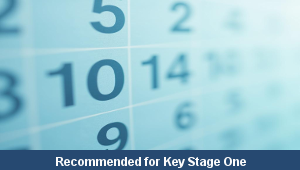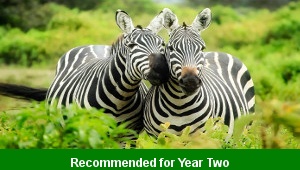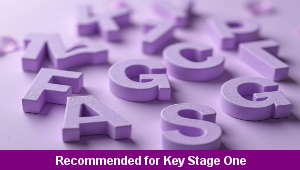English Year One Planning Term Three
Discover some schemes of work, lesson plans, classroom worksheets and interactive activities to develop skills in English in Year One for Key Stage One covering a range of fiction, non-fiction and poetry topics and themes
Theme One
Journeys
Explore the structure and content of a story with a fantasy setting, write recounts about different journeys, compose poems with patterned language about places to visit, practise adding the suffixes ed and ing to word roots and use conjunctions to link sentence clauses.

(A) Wild Things
Explore narrative settings and predict events in a story set in a fantasy world, investigate the spellings of different words with tch endings and practise joining pairs of sentences using the conjunction and

(B) Space Flight
Change and adapt a story about a journey in a fantasy world, explore words that contain the /k/ sound for the letters c and k, and practise using the conjunction and to join sentences with the correct punctuation

(C) Weather Postcards
Read and write recounts to use on postcards reporting the weather experienced on family holidays, practise adding the suffix ed to word roots to indicate the past tense in sentences and investigate punctuation to use for statements and questions

(D) Family Visit
Read and write recounts of a family visit to a special location that also includes weather information, practise spelling different words using the suffix ing and write a range of sentences that are either statements or questions to explore places

(E) Transport
Read and respond to poems about different ways to travel using a range of transportation vehicles, investigate syllables heard in words and identify words that require capital letters

(F) Buses, Trains, Planes
Select patterned language to use when writing poems describing ways of travelling, identify syllables in words and punctuate sentences using capital letters
-

Money Coin Sums
Practise identifying, combining and recording sets of coins that can make matching sums that can be used when shopping for different products
-

Maths Number Assessment
Assess abilities in working with numbers to solve abstract and contextual problems when calculating sums, products and quotients using different techniques and methods
-

Animal Lists
Investigate how to compile lists using commas to present information about some of the special animals that live in habitats around the world
-

English Spelling Assessment
Assess abilities in spelling different vocabulary words based on the National Curriculum programmes of study for Key Stage One
